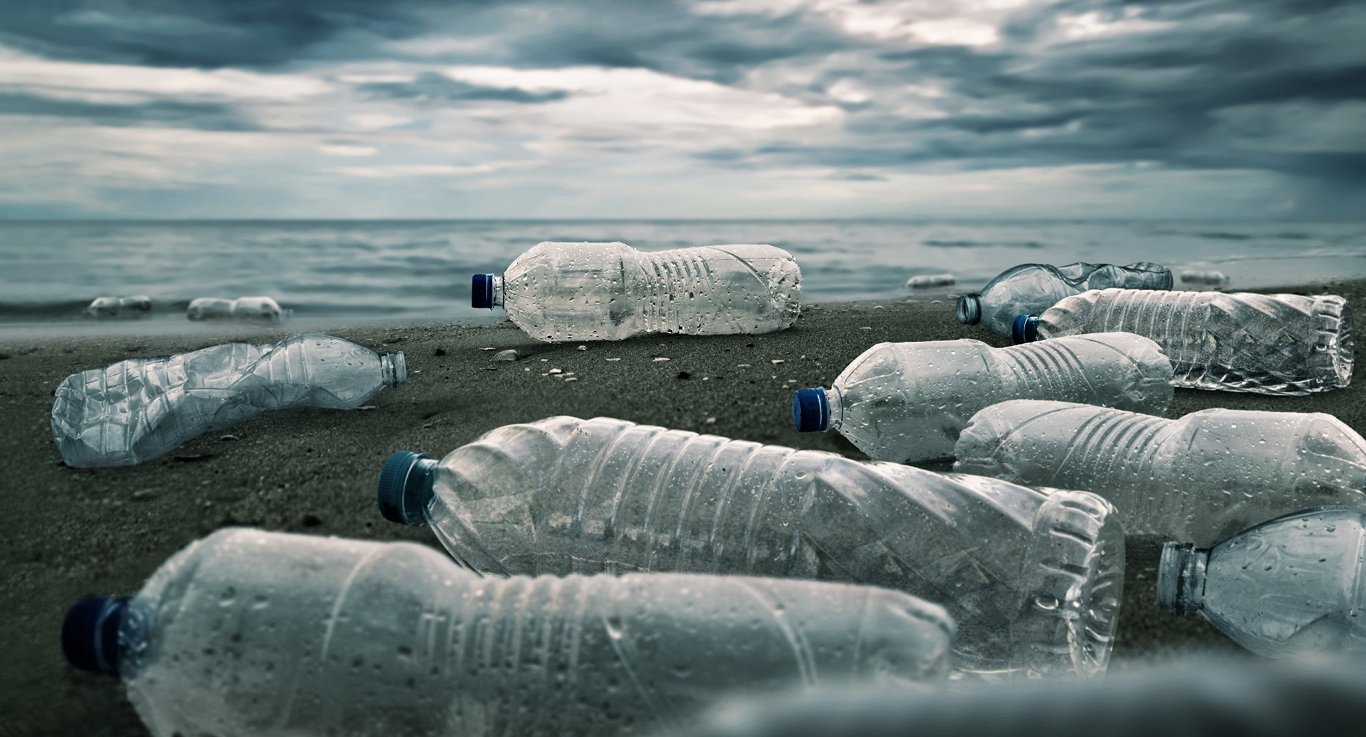The manufacture and use of plastic has increased significantly over recent decades, producing a serious waste hazard. It is predicted that the amount of plastic wasted discarded in 2050 could reach 12,000 million tonnes, which will negatively impact the ecosystem and people’s health.
When plastic enters the environment, its surface is quickly colonised by various microorganisms which in time form a biofilm. Once the biofilm has formed, it can significantly change the physical properties of the plastic and is able to decompose it over time.
Landfill leachates (a leachate is any liquid formed by filtering through the waste in a landfill or rubbish dump) receive microplastics from various sources, such as hard waste and remnants from sewage treatment machinery. Landfill leachates are characterised by a high concentration of organic and inorganic pollutants and are toxic to the environment.
“There are many publications with data on how landfill leachates contain large microorganism diversity and various groups of enzymes which could potentially decompose or degrade plastic. Our aim was to evaluate whether it is possible to use landfill leachates as biological plastic decomposers,” said Laura Žorža, Researcher at the University of Latvia Faculty of Biology’s Institute of Microbiology and Biotechnology.
Scientists from the Getliņi EKO landfill site collected samples and tested the ability of microorganisms to adhere to the surface of plastic and form biofilms in laboratory conditions. Bioplastic made from cassava (a natural material derived from an edible plant) was tested. After the 30-day experiment, the biodegradation of the bioplastic in 2% leachate was around 50%, while in soil it was between 29% and 36%.
“Landfill leachate is a waste product made in huge volumes in landfill sites. It is toxic to most organisms, but this waste product can also be used for good, so we tried to test the potential of landfill leachate for degrading plastic. Research into plastic biodegradation mechanisms could be very useful in the future to stimulate the biodegradation of microplastics in soil and water,” said Žorža.
Researchers are currently continuing their work with PET plastic samples and comparing various methods of stimulating adherence of microorganisms to the surface of plastic and promoting biodegradation.































